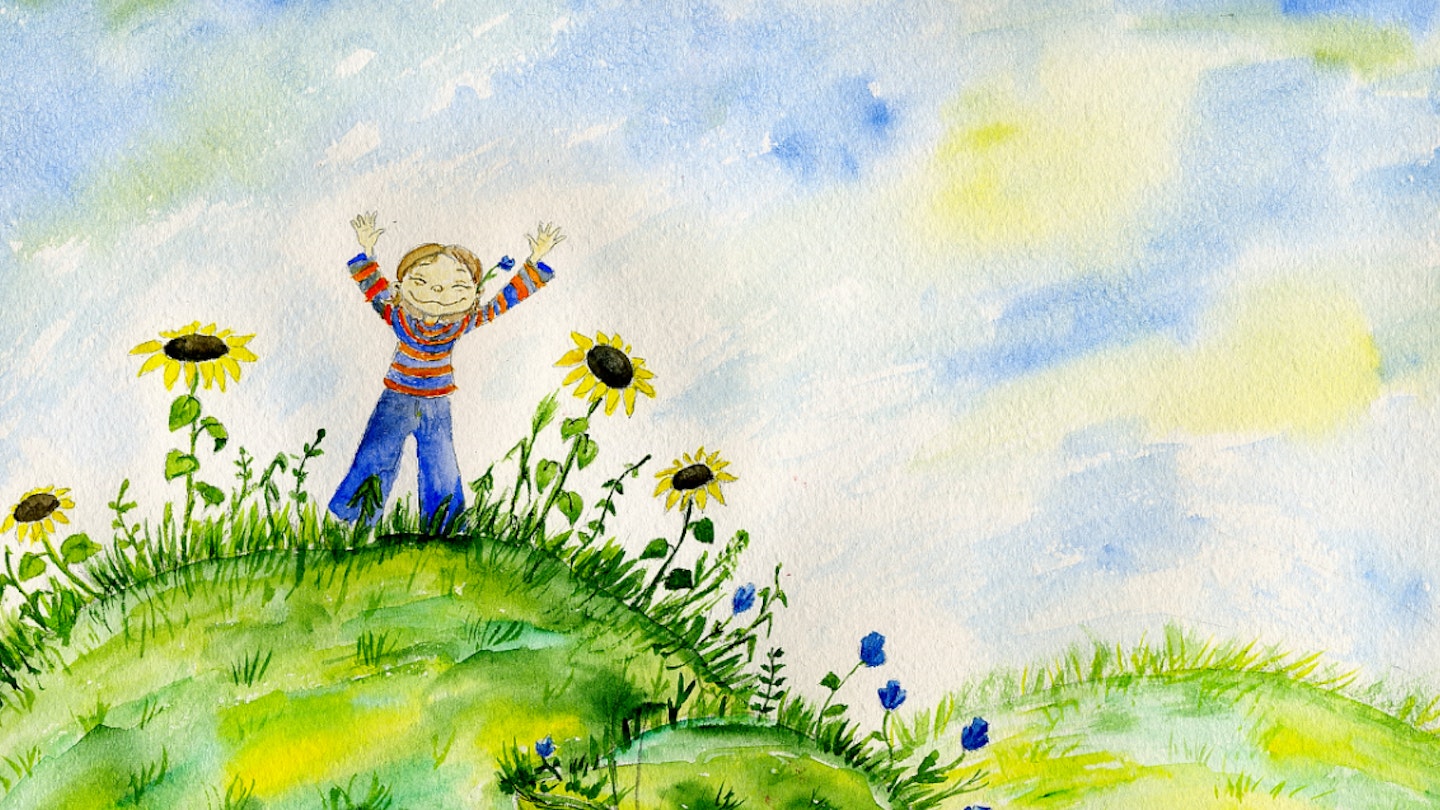One of the most common misconceptions about happiness is that it somehow happens naturally, without us even trying.
While this may sometimes be the case, it's more useful to think of joyfulness as a state that we must work at to achieve - rather than the default setting.
Like anything else, happiness is a skill that needs to be practised. It's also multifaceted, and is influenced by a whole host of variables.
And the best way of bringing these together is via the grail that marries activity with mindset: habit.
"Habits are a critical component of the happiness equation," says Christine Carter, sociologist and happiness expert at Berkeley college in the States.
"It is one thing to know what to do to be happy but it is quite another thing to actually be able to do those things. You know that you should exercise and meditate and eat kale, for example. But do you often do those things? Perhaps the missing piece is a habit."
With that in mind, we look at six easy-to-adopt habits that have been proven by science to make us happier.
Because - however ephemeral it may feel - happiness isn't really a secret, it's a choice that can be honed.
1. Invest in your closest relationships
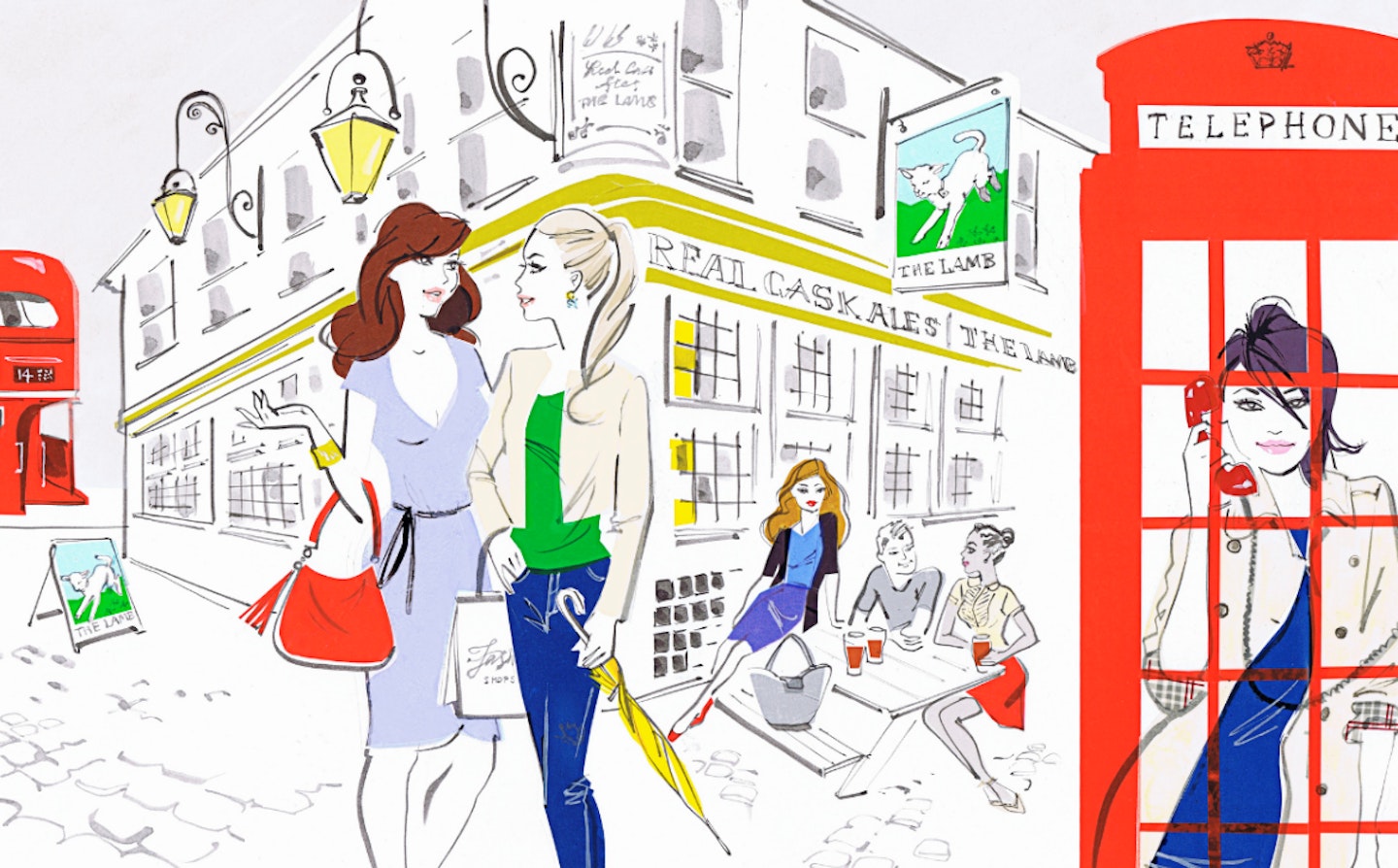
The habit low-down: Cherish and prioritise your closest relationships over everything else, and always carve out time for those you love. Make a daily goal out of developing the quality of the relationships that count (rather than obsessing over that random person you never quite click with at work).
Easier said than done after a long day in the office when all you really want to do is crash in the company of Catastrophe and a box of Maltesers.
But the evidence overwhelmingly points to the fact that those of us who spend more time with our loved ones, and commit to growing said relationships, are far happier than those who do not.
A recent study from Harvardthat tracked data from a group of students over a 75-year period found that the most important happiness choice among participants came from investing in closest relationships - whether with a spouse, partner, parent, sibling or friend.
In the far-reaching Grant & Glueck study, 77% of those who rated themselves extremely happy said the state of their relationship was either the "greatest" or "very good" versus 48% of everyone who did not rate themselves as that happy.
75% of the extremely happy group also said that the success of their closest relationships were the most important factors for them, versus 49% with less happy ratings.
While it's tricky to say which way around the relationship between happiness and good relationships work, there is obviously a vital connection between the two.
"The clearest message that we get from this 75-year study is this: Good relationships keep us happier and healthier. Period," says Harvard professor Robert Waldinger.
And this doesn't necessarily mean having a partner or a large group of friends.
"It's not just the number of friends you have, and it's not whether or not you're in a committed relationship," he says. "It's the quality of your close relationships that matters."
2. Create freedom at work
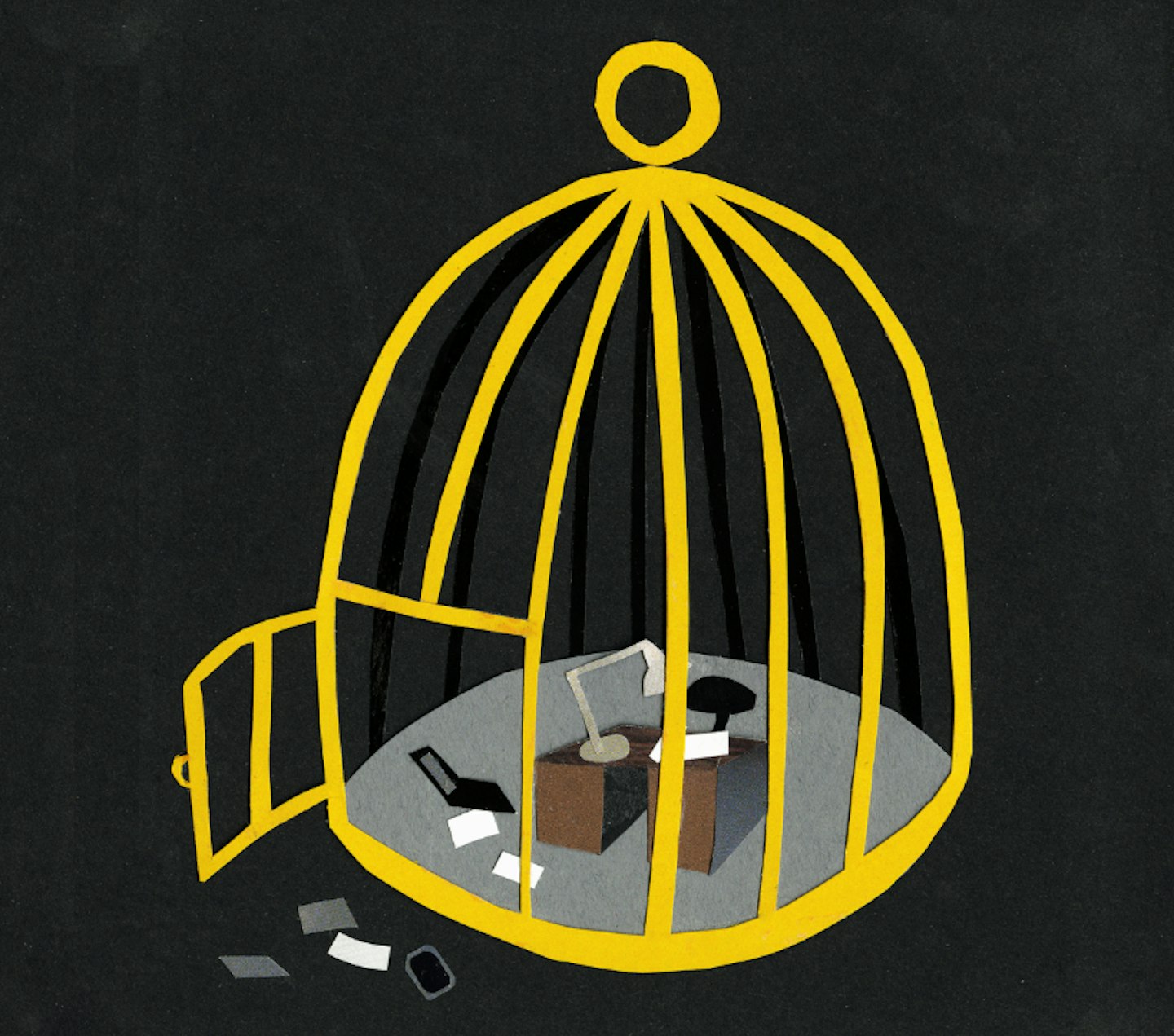
The habit low-down: Work out how you can create more opportunities for freedom at work. Volunteer yourself to take responsibility for a project or goal, or offer to coordinate an office redesign. If the scope for freedom is limited, you might want to consider options for self-employment.
Studies show that autonomy is a critical factor in our happiness at work - more so than either difficulty of the job, or pay level.
Research from the University of Windsor in Ontario shows a direct correlation between employee happiness and how much freedom people have to perform roles in their own way.
According to its authors, employees "feel constrained by the necessity to seek approval" and are far more content when working on their own initiative.
This is because goals are internally driven, rather than externally given.
"People are more likely to be happy at work if motivation comes from within," agrees psychologist Maynard Brusman. "They will perform better, engage more, and be more committed if what they do comes from core of who they are."
Swiss economists Bruno Frey, Matthias Benz, and Alois Stutzer link this to the concept of "procedural utility"- the notion that people get satisfaction from the way things are done, rather than the overall result.
For this reason, they say, self-employed people are happier - even if they've sacrificed a higher income to strike out alone - because they "enjoy their positions as independent actors on the market, and as actors not subject to hierarchy".
A sense of autonomy at work may even come down to small details such as office design. An emerging body of workplace analysis shows that employees feel happier, and perform better, when they can control their workspace.
"Workers whose companies allow them to help decide when, where, and how they work were more likely to be satisfied with their jobs," says Diane Hoskins, CEO of architectural firm Gesler, pointing to Facebook's HQ - with its multitude of workspace options, restaurants, arcades and other facilities to support staff's lifestyle needs - as an example.
3. Spend your money on experiences, not things
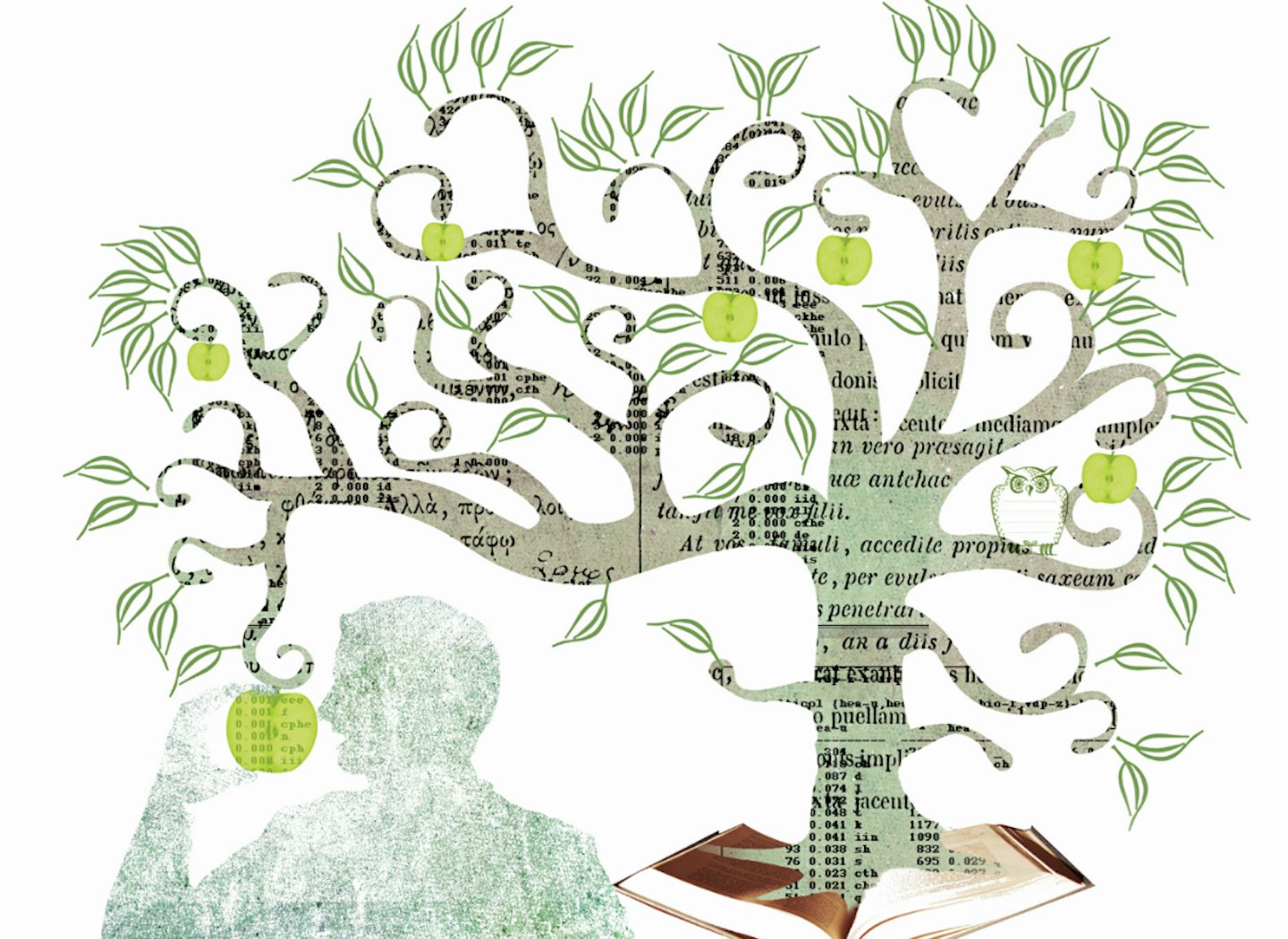
The habit low-down: When deciding how to splash your hard-earned cash, try to resist the impulse to always go for material goods. Instead, use it for unique experiences such as a Mediterranean boat trip, a lino print class or a pop-up supper club.
Time and again, studies have shown that investing money in experiences, rather than material items, makes us happier.
Sure, we get a little high from purchasing that fresh spring tote - but only to a point. The problem is, we adapt to it and its novelty quickly wanes.
The thrill of buying something new is short-lived and more fleeting that the joy of memories created by one-off experiences such as skydiving, or Secret Cinema.
"One of the enemies of happiness is adaptation," Dr. Thomas Gilovich, a psychology professor at Cornell University, tells Fast Company. "We buy things to make us happy, and we succeed. But only for a while. New things are exciting to us at first, but then we adapt to them.
"Our experiences are a bigger part of ourselves than our material goods," he adds. "You can really like your material stuff. You can even think that part of your identity is connected to those things, but nonetheless they remain separate from you. In contrast, your experiences really are part of you. We are the sum total of our experiences."
Gilovich's research shows that even if people have negative experiences, their perceived happiness of the event increases with their ability to talk about them in retrospect.
James Wallman, author of the best-selling book Stuffocation, agrees.
"When an experience goes wrong, it somehow gets better each time you retell the tale," he says. He adds that familiarity really does take away from the value of material goods:
"Think how you feel when your new phone first arrives, you press the buttons, try out all the ringtone. After a week, you're not nearly so excited. After a month, it's basically part of the furniture. The novelty of material goods wears off far faster than it does with experiences. Experiences bring us closer to people, we tend to do them with people, they make us feel like we belong."
4. Take time out to help others

The habit low-down: Actively seek opportunities that will allow you to be generous with your time, skills and resource on a regular basis. This can be anything from volunteering to setting up a training course at work. Remember to be emotionally available, as well as literally giving.
It's slightly ironic to think about helping others as a means to benefit yourself but the research in this area is compelling. Numerous studies show that people who take the time to support others in their community, abroad or at work are generally happier.
In their book The Paradox of Generosity, sociologists Christian Smith and Hilary Davidson analyse the results of a five-year study into altruism, laying out a causal relationship between generosity and happiness.
"We found nine different causal mechanisms [of generosity]," says Christian. "It involves everything from developing a sense of self as generous to being more socially networked to being more physically active. We argue that it involves neurochemical changes in the brain, that it gives people more pleasure chemistry in their brain, a sense of reward for having done something good.
"It works as an upwards spiral where everything works together, or it works sometimes as a downward spiral if people aren’t generous."
But the impact of this happiness only comes into play when the generosity is moulded into a habit, rather than as a one-off act.
"It has to be a practice, it has to be something that is sustained over time, that people engage with regularly," says Hilary. "One-off things just don’t affect us that much, whereas things that we repeat, things that are sustained in our bodily behaviors and in our minds, have tremendous effects on us."
Another study found that people who prioritised helping others at work were happier than those who did not.
"Helping others makes us happier," says Donald Moynihan, leading the study. "Altruism is not a form of martyrdom, but operates for many as part of a healthy psychological reward system."
5. Do a little physical activity every day
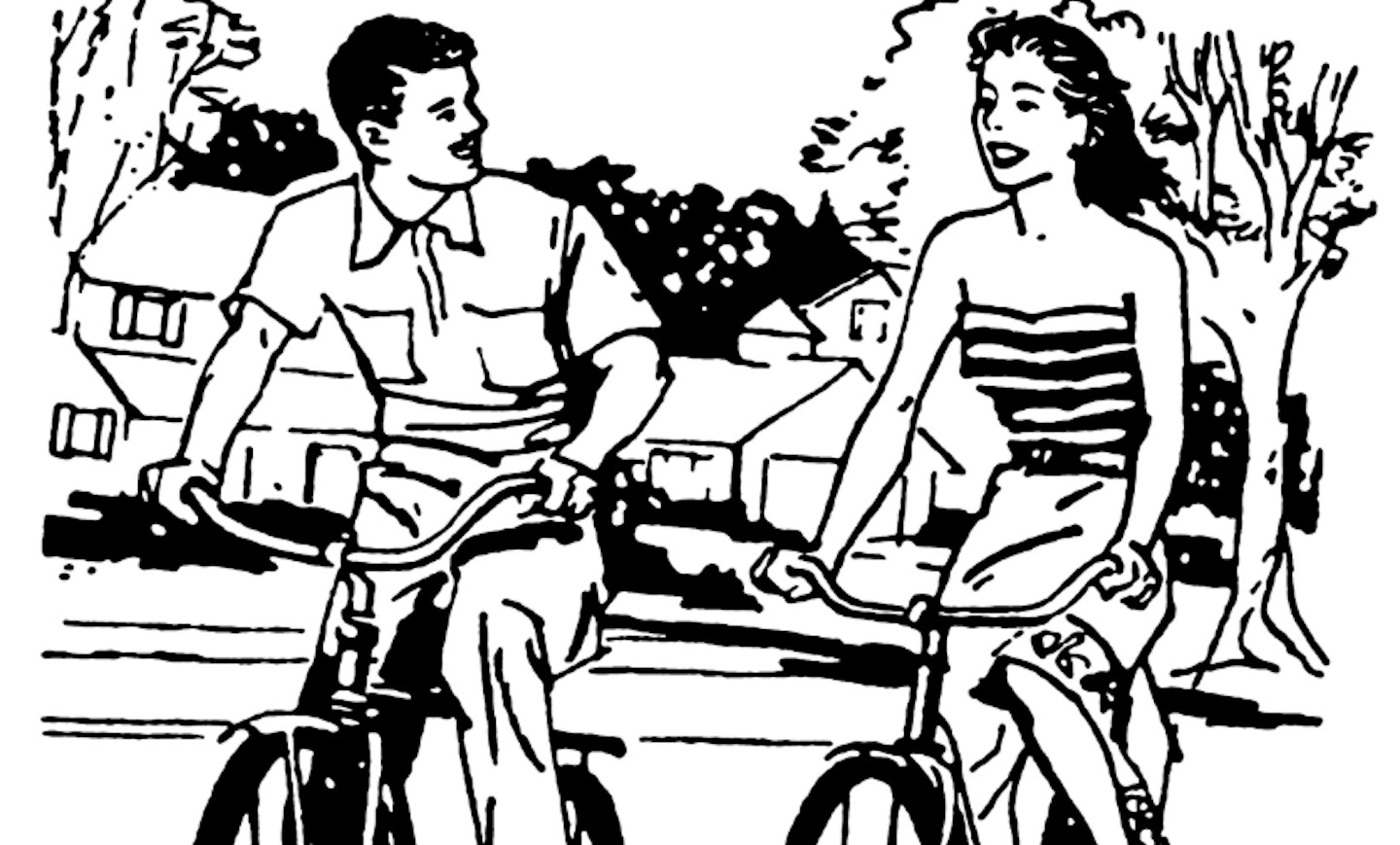
The habit low-down: Carve out small windows of opportunity across your day to be physically active - even if it's just leaving your desk for a walk around the block. These can be short and low-intensity, but repetition is key.
We all know that exercise releases endorphins, reduces stress and wards off feelings of depression and anxiety. But to exploit the relationship between physical activity and happiness, it needs to become a regular thing.
In fact, best-selling author and habits expert Charles Duhigg refers to exercise as a "keystone" habit that has a wider positive impact on many other daily routines.
The good news is, you don't need to be packing in multiple HIT classes to reap the exercise-happiness reward.
According to this 2013 study from the University of Vermont, as little as 20 minutes' exercise a day can boost our mood for up to 12 hours.
And this doesn't even necessarily need to be a workout. A study out this year from Cambridge University and the University of Essex found that any level of physical activity - such as walking to the photocopier, or moving from your car to your desk - results in a more positive emotional state.
Researchers looked at smartphone data from 10,000 individuals, to track their movement versus self-reported happiness levels throughout the day.
"Our analyses indicated that periods of physical activity led to increased positive mood, regardless of individuals’ baseline happiness," says researcher Dr Jason Rentfrow. "What we’ve found is that in order to be happier, you don’t have to go out and run a marathon – all you’ve really got to do is periodically engage in slight physical activity throughout the day."
6. Spend time in nature
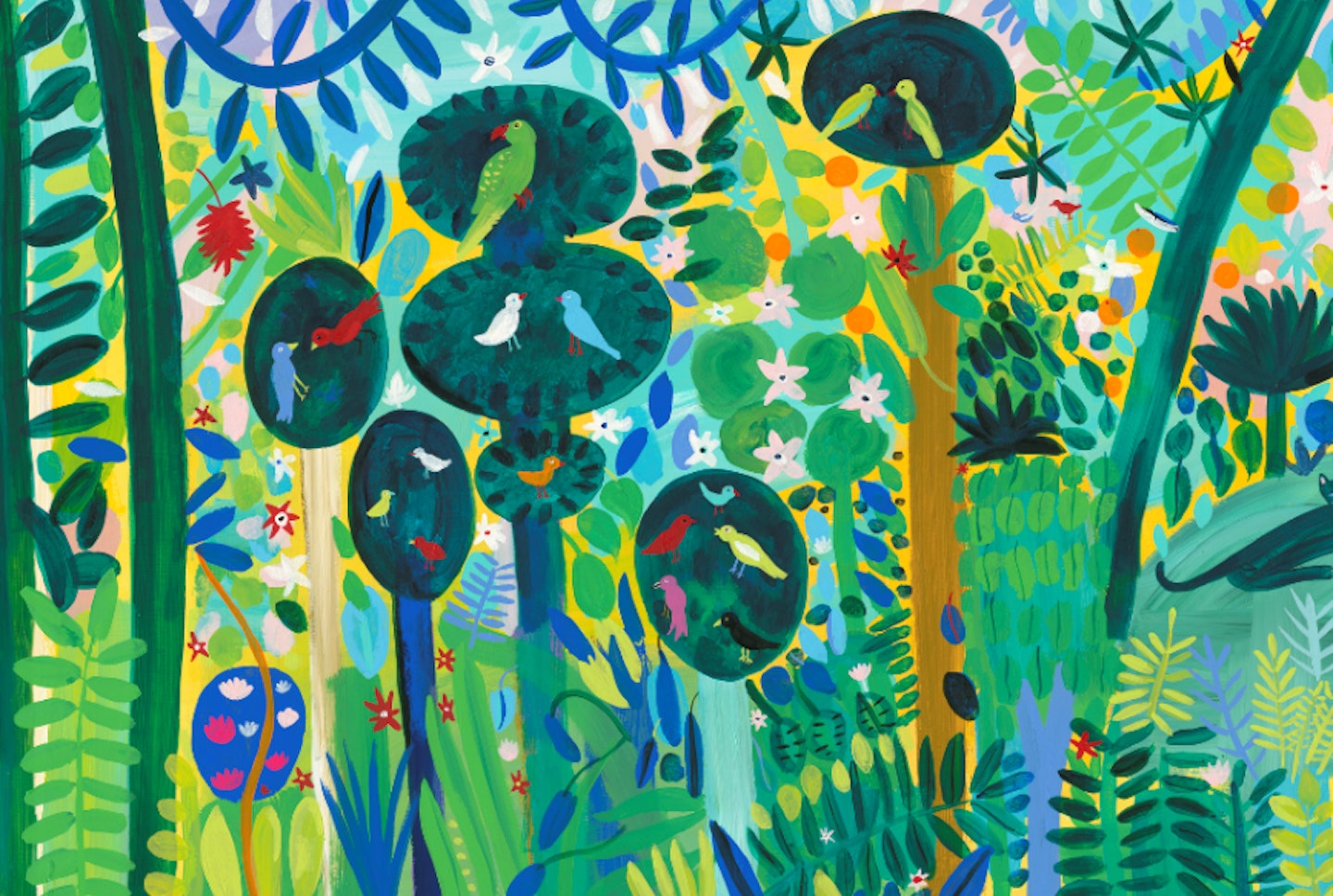
The habit low-down: Take every chance going to submerse yourself in nature, whether that's a stroll in the park, a country hike or tending to your own allotment. If you live in a city, look into signing up to a urban gardening group. If you really can't manage anything else, watch a nature programme on TV; it may inspire you to explore the Great Outdoors and is soothing in itself.
The natural landscape has long been famed for its quasi-mystical powers of healing and restoration. And science backs up this perception, with studies showing interaction with the Great Outdoors triggers changes in the brain and body.
These leave us less stressed, more creative, more focused and happier.
Stanford University researchers found that participants who embarked on a 50-minute walk in an oak woodland experienced less anxiety and brooding, and more positive emotions, compared to those who did the same length of walk along a four-lane road.
The scientists later extended this study to assess brain activity of participants before and after a 90-minute walk. After their walk, those who were based in a nature setting were seen to have increased activity in the subgenual prefrontal cortex, an area of the brain which is associated with depression and anxiety when deactivated. This indicates a powerful link between nature and elevated mood.
And this effect could extend to merely being surrounded by greenery, rather than submersing yourself within it.
In a study of over 1,000 participants, scientists at the University of Exeter found that people who moved to greener areas experienced an immediate improvement in mental health that lasted up to three years. Whereas those who moved from green to urban areas suffered an increase in mental distress.
This correlates with research from Dutch researchers, who found a lower incidence of 15 diseases — including depression, anxiety, heart disease, diabetes, asthma, and migraines — in people who lived within about a half mile of green space.
This comes at a time when our digital world is distancing us from the natural landscape more than ever before.
"People underestimate the happiness effect" of being outdoors, says Lisa Nisbet, a psychology professor at Canada’s Trent University.
"We don’t think of it as a way to increase happiness. We think other things will, like shopping or TV," she tells National Geographic. "We evolved in nature. It’s strange we’d be so disconnected."
That said, even watching nature via the medium of technology can make us happier. The BBC published a study this year that indicated a mood lift among viewers of nature programmes such as its hit show Planet Earth II.
"Even short engagement with such shows leads to significant increases in positive emotions including awe, contentedness, joy and amusement," its report said.
READ MORE: Love Not Money Is The Key To Happiness
READ MORE: "I Swapped A £40K Salary For Happiness"
